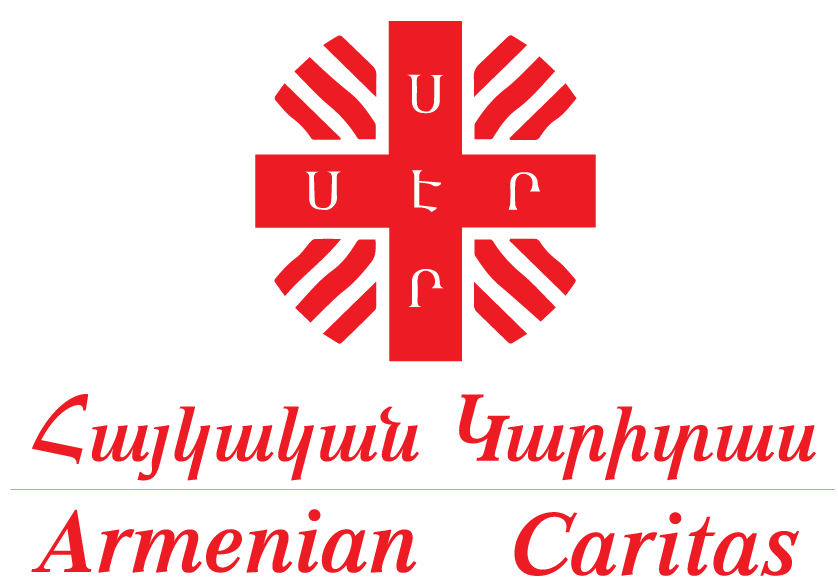This Code of Conduct specifies the attitudes and behaviour that all Caritas staff[1] are expected to maintain. The Code is derived from, and closely related to, the Caritas Code of Ethics which prescribes the basic values and institutional practices of Caritas organisations.
“Individuals who care for those in need must first be professionally competent: they should be properly trained in what to do and how to do it, and committed to continuing care. Yet, while professional competence is a primary, fundamental requirement, it is not of itself sufficient. We are dealing with human beings, and human beings always need something more than technically proper care. They need humanity. They need heartfelt concern.”
This Code is divided into four core areas for ease of reference.
All Caritas staff are expected to:
- Values, Conduct and Ethics
- adhere to, or at least understand and respect the social and moral values and teaching of the Catholic Church
- ensure at all times that their personal and professional conduct is of the highest standards, and is seen to be so
- act in good faith and treat other people with dignity and respect, creating an environment that celebrates diversity
- respect all human rights and challenge discrimination, harassment, abuse, neglect, and exploitation that infringe the rights of others
- avoid “impos[ing] one’s faith upon others … realiz[ing] that a pure and generous love is the best witness to the God in whom we believe and by whom we are driven to love”
- refrain from making racist, sexist or otherwise offensive statements publicly or privately
- take reasonable action to protect others from harm
- observe the laws of the country in which they are working, within the bounds of conscience
- respect and be sensitive to local customs and culture, dress accordingly
- ensure that they, and any staff that they manage, act in accordance with health, safety and security guidelines, and endeavour to safeguard others
- ensure that Caritas’ reputation is not be brought into disrepute
- maintain the confidentiality of any information or knowledge obtained during the exercise of their duties with Caritas
- perform their duties competently and with love, without prejudice or discrimination of any form, and maintain Caritas’ preferential option for the poor
- keep in mind local sensitivities when expressing and practicing their respective beliefs
- welcome, and build solidarity and cooperation with people from other Caritas organisations
- Conflicts of interest, coercion and corruption.
- avoid using positions of power conferred by their roles as Caritas employees to exert pressure, or extract favours or personal gain economically, professionally, politically or sexually
- declare any potential or actual conflicts of interest (financial, personal or familial) in matters relating to Caritas’ work to their supervisor or other senior manager in writing
- refrain from accepting any favours, bribes or other forms of personal enrichment from beneficiaries, partners or contractors under any circumstances
- Protecting Caritas property and exercising stewardship
- ensure that Caritas’ assets and intellectual property are not misused and are protected from theft, fraud or other damage
- maintain appropriate standards of honesty and integrity in financial accountability
- Personal conduct
- refrain from carrying of any weapons on any Caritas business or property (owned or rented) including accommodation/office/vehicles etc.
- refrain from using recreational drugs or consuming excessive quantities of alcohol
- ensure that their sexual conduct is appropriate at all times
Implementation of the Code of Conduct
The Director or Chief Executive is responsible for ensuring that all staff are informed of the Code of Conduct and are committed to upholding it, and that the document is reviewed and updated regularly.
Adoption or adaptation of the CI Code of Conduct will be assessed under the procedures determined by CI Internal Rule 1.3 and incorporated in the CI Minimum Standards.
Complaints mechanism
An external complaints procedure will be developed in accordance with article 1.7 of the CI Minimum Standards. It is particularly important that beneficiaries, community members and partner staff are able to make a complaint.
Duty to report
Every member of staff has a duty to immediately report any suspicions or concerns regarding breaches of this Code. In most cases staff should raise any concerns with their supervisor. This may be done orally or in writing and should include full details and, if possible, supporting evidence. If for some reason, (e.g. the manager may be implicated) this is not possible, they should speak to a more senior manager, board member or another appropriate authority.
All disclosures will be treated in confidence. Anyone who raises concerns about serious malpractice will be protected from victimisation or any other detrimental treatment if they come forward with serious concerns, provided concerns are raised in good faith. Deliberate false allegations are a serious disciplinary offence and will be investigated and treated accordingly.
Breaches of the Code
Any breaches of the Code of Conduct will be investigated, and may lead to disciplinary measures.
|
Fr. Rafael Archbishop Minassian President Armenian Caritas |
Approved by the Representative Council of Caritas Internationalis on 18th May, 2014
